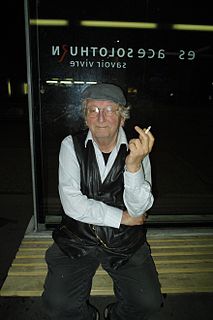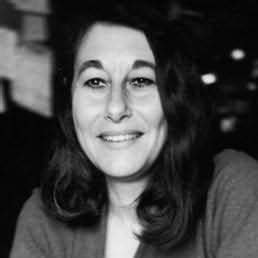A Quote by Leigh Brackett
When I write a novel, I am God at my own typewriter, and there is nobody in between. But when I write a screenplay, it must be a compromise because there are so many elements which are outside the writer's province.
Related Quotes
One of my big revelations was that nobody cares whether you write your novel or not. They want you to be happy. Your parents want you to have health insurance. Your friends want you to be a good friend. But everyone’s thinking about their own problems and nobody wakes up in the morning thinking, ‘Boy, I sure hope Sam finishes that chapter and gets one step closer to his dream of being a working writer.’ Nobody does that. If you want to write, it has to come from you. If you don’t want to write, that’s great. Go do something else. That was a very liberating moment for me.
Often, you have to fail as a writer before you write that bestselling novel or ground-breaking memoir. If you're failing as a writer - which it definitely feels like when you're struggling to write regularly or can't seem to earn a living as a freelance writer - maybe you need to take a long-term perspective.
I write because I have an innate need to. I write because I can't do normal work. I write because I want to read books like the ones I write. I write because I am angry at everyone. I write because I love sitting in a room all day writing. I write because I can partake of real life only by changing it.
One thing I'd do was put a great writer's book beside the typewriter and... type out a beautiful and moving paragraph... and see those sentences rising up... and... think, 'Someday maybe I can write like that....' It was like a dream of possibilities for my own self. And maybe I began to know that there was no other way for the sentence... to... arouse the same feeling. The someone writing whose words were rising from the typewriter became like a mentor for me.... You shouldn't do it more than a few times because you must get on with your own work.
I have been privileged to write across multiple facets of my life: to write romance novels, to write memoir, to write about leadership, and to write tax and social policy articles. The act of writing is integral to who I am. I'm a writer, a politician, a tax attorney, a civic leader, and an entrepreneur. I am proud of what I've accomplished.






































